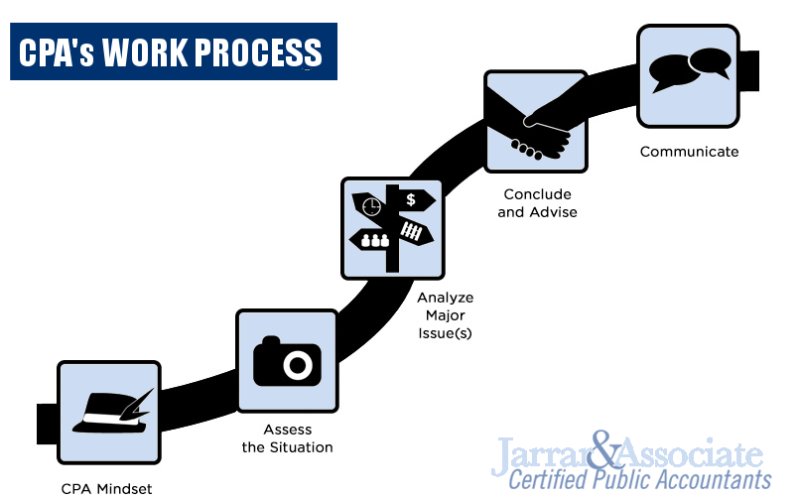CPA Vs Accountant: Things To Consider For Your Business Needs?
Being an owner of a startup or a small-sized business, you probably have to deal with a lot of issues, right from the operations to administration. You are the key person to make important and timely decisions, by investing your time in the daily activities that have crucial effects on the resources. It is no wonder, many business owners fail to survive till the second year, due to the lack of a professional who would take care of the finances. This is the reason, you should think of hiring a CPA for business and save yourself from financial hassles all the year round. Before hiring such a CPA, you need to have a basic understanding of what actually they do and how their proficiency differs from a regular accountant.
Who is CPA? What Does CPA Stand For?
An accountant becomes a Certified Public Accountant (CPA) after meeting the minimum educational requirements and passing a rigorous examination, conducted in four parts. A CPA has to abide by a code of ethics. After completion of the examination, the CPA has to work as a practicing apprentice under an experienced CPA Westwood for a fixed number of years.
This designation is the most sought-after credential for an accountant and an individual possessing this certification achieves the highest position in the eyes of professional peers, business contacts, client, and regulators. In order to maintain their CPA license, they need to keep themselves updated and appear for the examination at regular intervals.
CPA Vs Accountant: How they are different?
Public accounting includes a wide array of domains, right from the accounting to tax management, financial consultation, and auditing to a myriad type of organizations, like non-profit organizations, government and non-government organizations, small businesses, corporations, and so on. Any certified accountant can take responsibilities for these tasks. However, there are two tasks which cannot be done by an accountant unless he/she has a CPA license.

Schedule A Consultation Today!
These two tasks specialized for a CPA –
Representing the client in front of the IRS (Internal Revenue Service). Other than a CPA, only an enrolled agent, an attorney, an enrolled actuary, or an enrolled retirement plan agent can represent the clients.
Only the CPAs can prepare an audit or review the financial statements of a company and file the report with the SEC (Securities and Exchange Commission).
Also Read: How To Overcome Common Small Business Accounting Challenges
What are the services rendered by a CPA?
The CPA works in any of these three major areas:
Audit/Assurance service:
Auditing involves objective evaluation of the economic and financial information, in order to ensure that the information meets the designated criteria like GAAP (Generally Accepted Accounting Principles). Assurance is an independent professional service that aims to enhance the context or quality of both non-financial and financial information to make important decisions.
Tax service:
This service includes preparing and filing the local, state, and federal tax returns, and working all the year round to minimize the tax obligations of the organization or an individual, with whom they work.
Also Read: Why Hiring A Bookkeeping Service Is Essential
Management service:
This includes providing assistance with managing and supervising the day-to-day activities of an organization or an individual to provide strategic and long-term planning. The service includes budgeting, cash management, insurance coordination, financial planning, risk management, preparing financial statements, estate planning, and investment guidance.
In conclusion for CPA vs accountant, it’s important for small business owners to understand the key differences between a CPA and an accountant when it comes to the services they provide. While both professionals can handle basic accounting tasks, only a CPA can offer specialized services like tax preparation, auditing, and financial planning. Knowing the difference between a CPA and an accountant can help small business owners make informed decisions when it comes to their financial needs.
Contact Us Today:
Locations:




